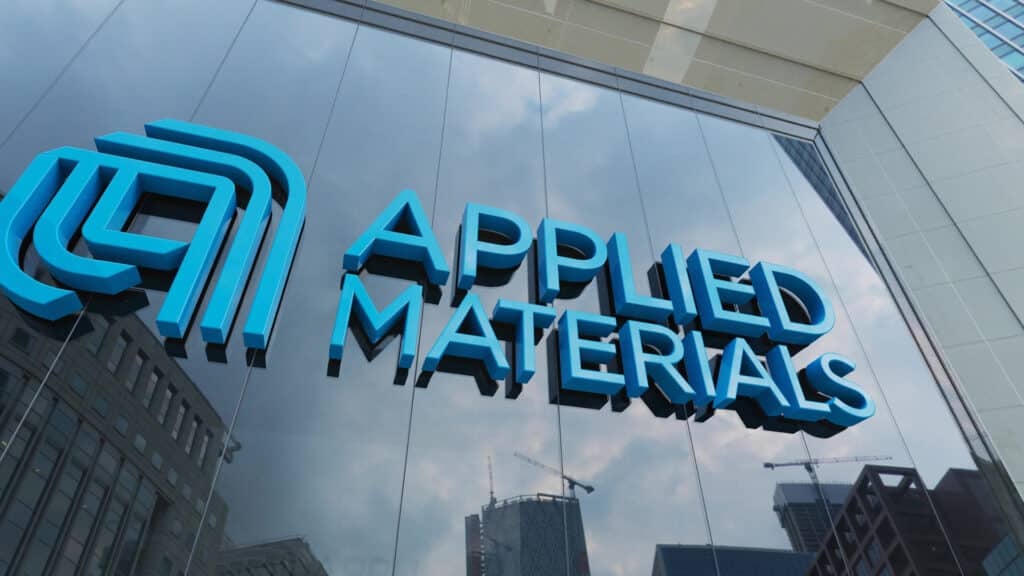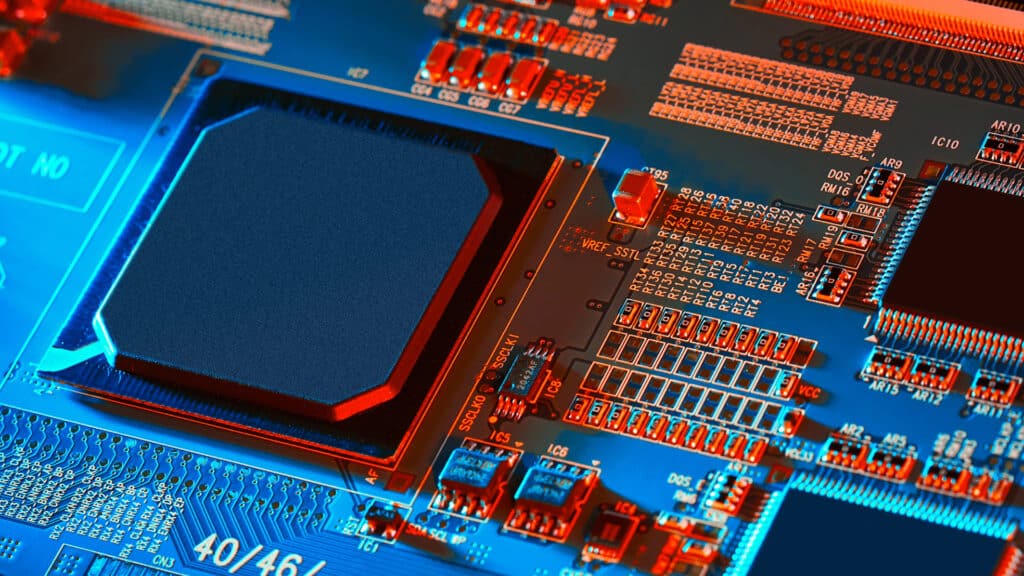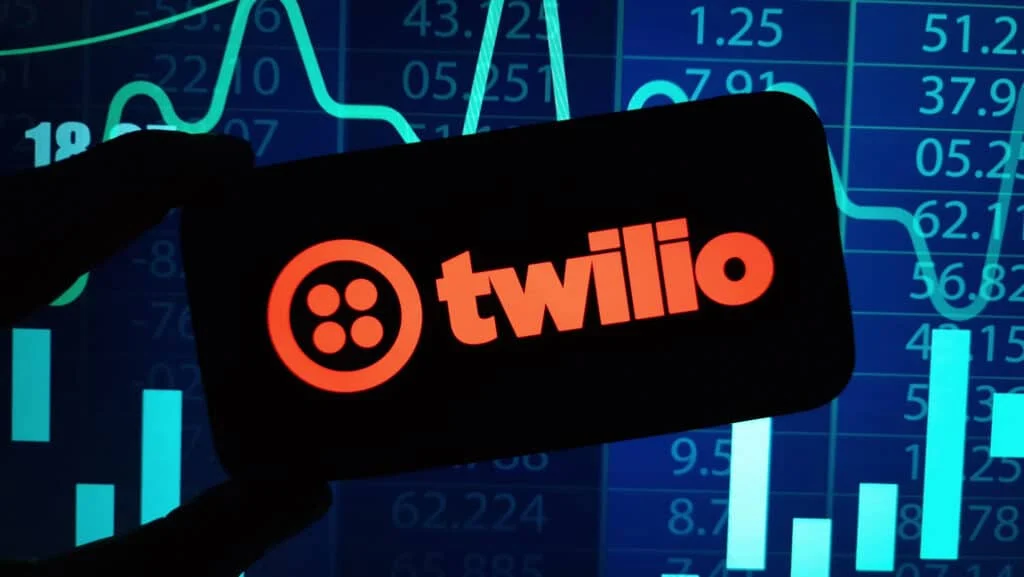The News: Synopsys announced that it is acquiring Ansys in a $35 billion deal that will bring together Synopsys’ semiconductor electronic design automation (EDA) with Ansys’ engineering simulation software and services. The acquisition comes after the two companies have been working together as partners for more than seven years, bringing their tools together to help their customers. Read the full press release about Synopsys’ plans to acquire Ansys on the Synopsys website.
Semiconductor Design Automation Firm Synopsys Acquiring Ansys
Analyst Take: After 7 years of working as partners, Synopsys and Ansys joining together as one is a smart move that aims to add value for customers while driving expanded innovation, new products and services, and greater possibilities for the combined companies.
Synopsys is one of those critical companies in the silicon industry because it provides the design tools and expertise to create the latest chips before they ever get to manufacturing. This is a massively important step in the creation of new chips, and it gets far less attention than the big announcements of the latest Intel, AMD, and other chip families when the latest processors are unveiled.
I believe that this acquisition makes lots of sense as Synopsys works to expand its services to chip companies by providing deeper services and expertise that be used to better create and solidify the next generations of silicon designs. In addition to semiconductor EDA, Synopsys also provides application security and silicon IP products and services to customers.
Bringing Synopsys’ silicon tools together with the engineering simulation software of Ansys will offer a wide range of new possibilities for silicon engineers and chip makers. I am surprised no one thought of this sooner.
Sassine Ghazi, president and CEO of Synopsys, said in a statement that bringing the companies and their technologies together will create a seamlessly integrated silicon-to-systems approach that will provide powerful design tools that can maximize the capabilities of technology R&D teams across a broad range of industries. I believe that Ghazi is right – this is an important acquisition by Synopsys that will help boost its position in the marketplace.
For Synopsys, I would expect that the acquisition will also stimulate growth in new markets such as automotive, aerospace, Industrial and more, where Ansys already has clients and provides its engineering simulation services. The transaction is expected to close in the first half of 2025, subject to approval by Ansys shareholders, regulators, and other customary closing conditions.
Synopsys Building on Its 2023 Successes
Synopsys announced the Ansys acquisition after having a great 2023, with fourth quarter (Q4) revenue of $1.6 billion, up 25% from $1.3 billion year-over-year (YoY), and full fiscal year 2023 revenue of $5.8 billion, up 15% from $5.1 billion YoY. In Q4 of 2023 the company also announced its new generative AI offering, Synopsys.ai Copilot, which is designed to accelerate chip design and reduce engineering bottlenecks, which is very encouraging given the existing market challenges in this area. Synopsys.ai Copilot was created through a strategic collaboration with Microsoft to integrate Azure OpenAI Service and deliver generative AI capabilities into the semiconductor design process.
Notably, Synopsys also had a leadership change in August of 2023 as co-founder and longtime CEO Aart de Geus stepped down as CEO and became the Executive Chair of the company’s board. His stellar leadership helped bring Synopsys to its current leadership role in the semiconductor EDA industry and Synopsys is fortunate that he is staying on its board to continue to share his professional wisdom.
Synopsys Acquisition of Ansys: What It Means
In my view, the acquisition of Ansys by Synopsys is positive news for both companies as they start 2024, bringing excitement and energy to their missions and technologies, especially amid the ongoing spread of AI, software-defined systems, new chips, and related trends. As I have said before, I continue to be impressed with Synopsys, which continues to be one of the less covered but more exciting companies in the fast-moving and innovative semiconductor space.
Disclosure: The Futurum Group is a research and advisory firm that engages or has engaged in research, analysis, and advisory services with many technology companies, including those mentioned in this article. The author does not hold any equity positions with any company mentioned in this article.
Analysis and opinions expressed herein are specific to the analyst individually and data and other information that might have been provided for validation, not those of The Futurum Group as a whole.
Other Insights from The Futurum Group:
Synopsys Revenue Hits $1.6B in Q4, Up 25% YoY, Beating Estimates





